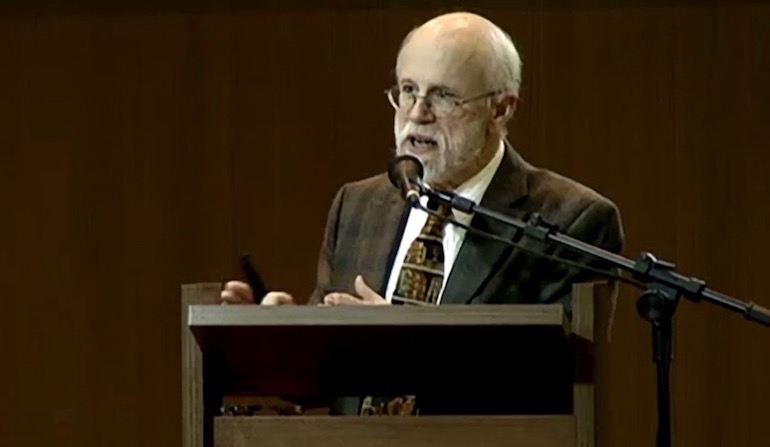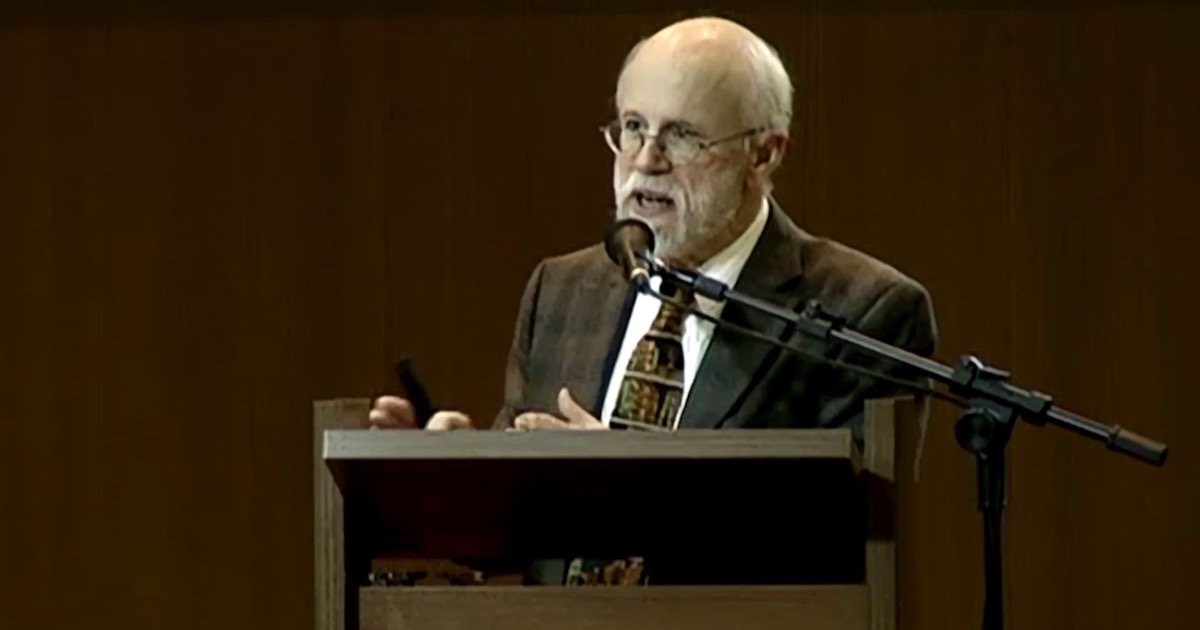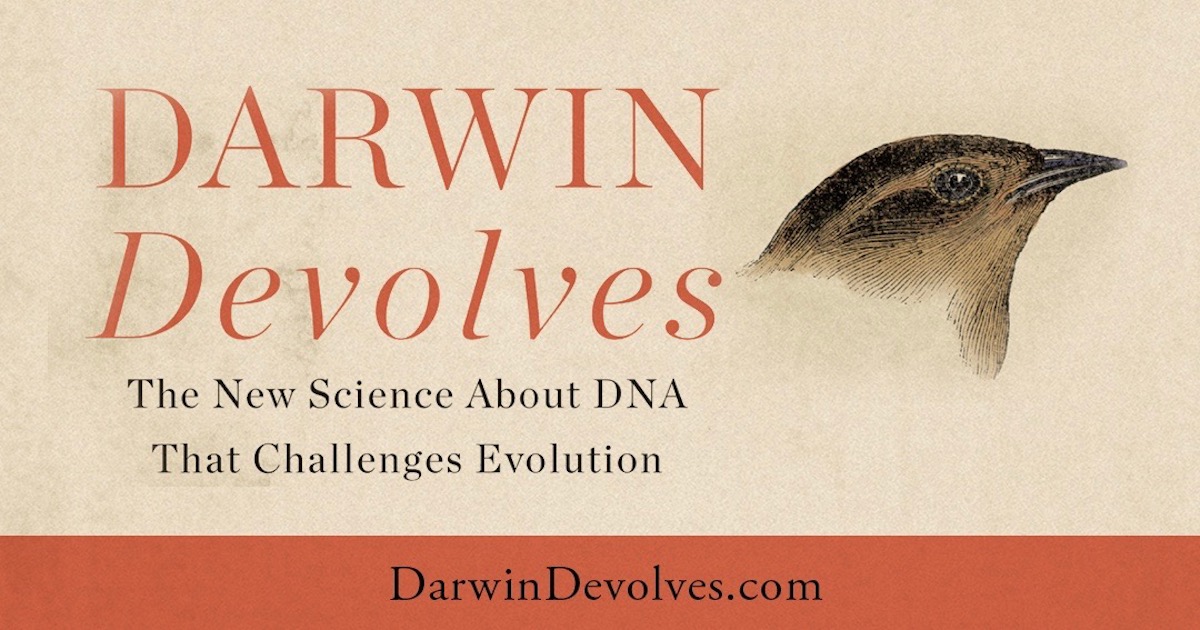 Evolution
Evolution
 Intelligent Design
Intelligent Design
Michael Behe’s Darwin Devolves — When You’re Ready to Think for Yourself


The release of biochemist Michael Behe’s book, Darwin Devolves: The New Science About DNA That Challenges Evolution, is exactly a month out now. You can read here about the perks that come with pre-ordering before the February 26 publication date, and find a sample chapter here. The new book extends the argument for design in life that Behe first offered in Darwin’s Black Box, which The New York Times Book Review, given Behe’s station as a “practicing biologist,” accurately characterized as “close to heretical.”
University of Idaho biologist Scott Minnich summarizes the challenge of Darwin Devolves, a “must read”: it is that the Darwinian go-to mechanism isn’t capable of building biological novelties but only of wrecking them, “Mutation and selection produce gene breakage, not generation.” This is the book to read if you’re ready to think for yourself about the origins of complex life.
Science Itself Evolves
Some are ready, others not. My recent spat with National Review’s Kevin D. Williamson reminded me that many people are not psychologically prepared to consider the evidence about biological origins. The exchange was instructive, not about science but about human emotions. Pressing him on his dismissal of intelligent design as “daft rube-bait,” I showed Williamson that among conservatives like himself there’s ample precedent for independently evaluating materialist theories like Darwinism. William F. Buckley Jr., National Review’s founder, for one, was a proponent of intelligent design. With that “permission” in hand, so you’d think, the interested layman should feel entitled to weigh the work of scientists who challenge evolutionary orthodoxy and arrive at his own conclusions.
Williamson vehemently rejected this, weirdly pretending I had cited no scientists but only “lawyers” and “poets.” The psychology is fascinating: Here is a smart writer with good reasons to want to think his own thoughts, who spits contempt and mockery at anyone who suggests he not automatically curtsy to the “experts.” Only a “rube,” he insists, would refuse to submit passively to what The Scientists say. The truth is that the scientists themselves are increasingly uncertain that Darwinism can answer the most fundamental questions about macro-evolution.
Scientists as Tribal Elders
The idea that scientists are like tribal elders, to be respected and never questioned, much less smirked at (God forbid), is one possible perspective. The other view understands that science itself evolves and that scientists are humans like us, subject to the need to fit in and get along in their profession, afraid of the dire threat to careers when you step out of line. Realizing this is like having a mental light bulb snap on. There is nothing sacred, demanding an awed reverence, about the drumbeat of evolutionary certainties in Nature, Science, or PNAS.

Yes, it’s OK to think critically, not to be intimidated or too easily impressed. As Michael Behe observed here the other day, “Darwin’s theory invokes technical details, but it and modern extensions of it are, at bottom, simply chains of reasoning. Thus any rational person who does some technical homework — who informs himself of what Darwinian biologists and their critics have said — is perfectly able to come to his own conclusions.”
“Chains of Reasoning”
Any “rational person” can evaluate “chains of reasoning.” What, Darwinian theory is easy enough for every high school student to learn, but too hard for any intelligent adult to judge for himself? That makes no sense. As Behe urges, “On Intelligent Design, Do Your Own Homework. Make Up Your Own Mind.”
When that light bulb turns on in your head, the next question becomes: What are you going to do about it? Intelligent design is not just a slogan. It’s a detailed, sober argument, that advances with each year. Other ID scientists and scholars — Meyer, Dembski, Axe, Sternberg, Gonzalez, Denton, Gauger, Wells, and others — have transported the argument to where it is today. However, Darwin Devolves represents the frontier of the debate about ID. It’s also sparklingly, accessibly written, as anyone familiar with Professor Behe’s writing knows.
This is the place to go to catch up, at a level worthy of serious adults, with the case for design. If you’re ready to do your homework and make up your mind, you have only a month to wait. And if you take advantage of the pre-order offer, not even that.
Photo: Lehigh University biochemist Michael Behe at the launch of Discovery Institute-Mackenzie at Mackenzie Presbyterian University, São Paulo, Brazil, 2017.
